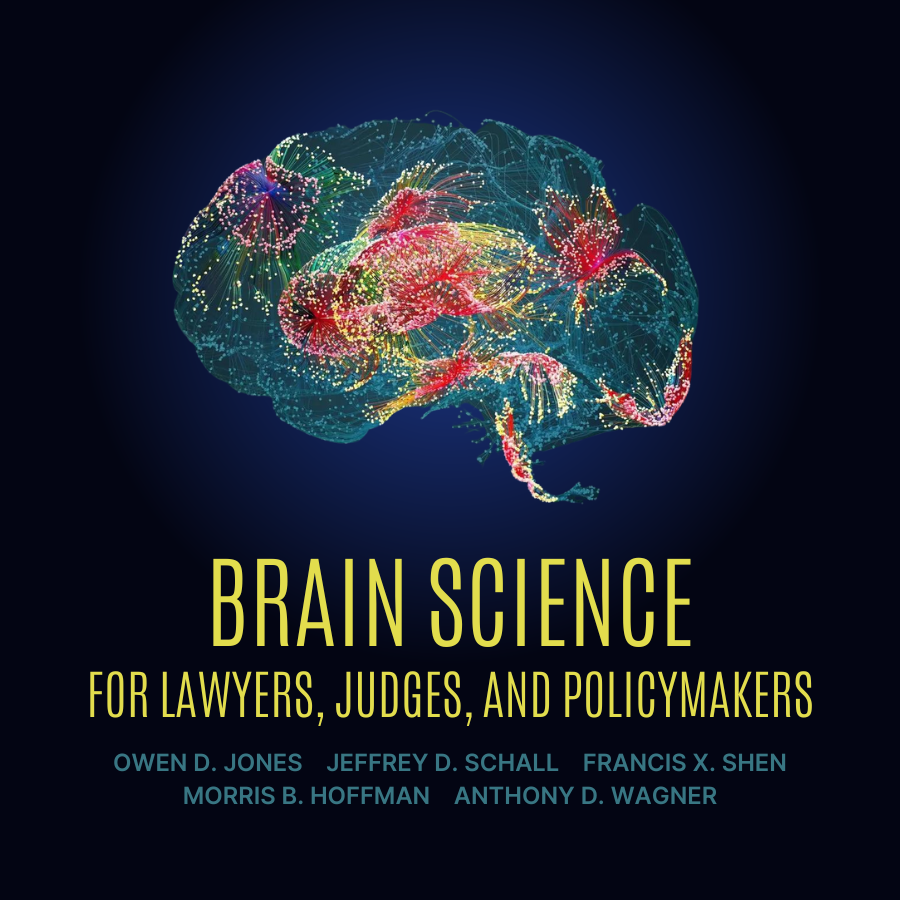Weaver Program in Law, Brain Sciences, and Behavior
About Us
The Weaver Family Program in Law, Brain Sciences, and Behavior sponsors interdisciplinary faculty research and projects that explore law and human behavior across a broad spectrum of life science and social science fields. The program also organizes and hosts symposia and distinguished lectures featuring leading researchers working in law, brain sciences, and human behavior.

Brain Science for Lawyers, Judges, and Policymakers
A new book by Weaver Program Director Owen D. Jones and colleagues provides the first introduction to brain sciences written specifically for a legal audience. Sample Chapters are freely available here.
Brain science in the form of neuroscientific evidence now appears frequently in courtrooms and policy discussions alike. Many legal issues are at stake, such as how to separate the best uses of brain science information from those that are potentially biasing or misleading. It is crucial to evaluate brain science evidence in light of relevant legal standards (such as the Daubert and Frye rules).
Brain Science for Lawyers, Judges, and Policymakers responds to this rapidly changing legal landscape, providing a user-friendly introduction to the fundamentals of neuroscience for lawyers, advocates, judges, legal academics, and policymakers. It features detailed but clear illustrations, as well as a comprehensive and accessible overview of developments in legally relevant neuroscience. Readers will learn brain science terms, how to understand and discuss brain structure and function in legally relevant contexts, and how to avoid over- or under-interpreting neuroscience evidence.
Endowment Spotlight
Dr. Glen M Weaver
The program was endowed in 2022 by the Weaver Foundation in honor of Dr. Glen M. Weaver, his wife Mary Ellen Weaver, and the Weaver family. Glenn M. Weaver, M.D., was a leading clinical and forensic psychiatrist whose medical career spanned more than six decades and explored the ways in which psychiatry can inform law and policy.
Program News
Have Questions?
Connect with the Weaver Program coordinator.